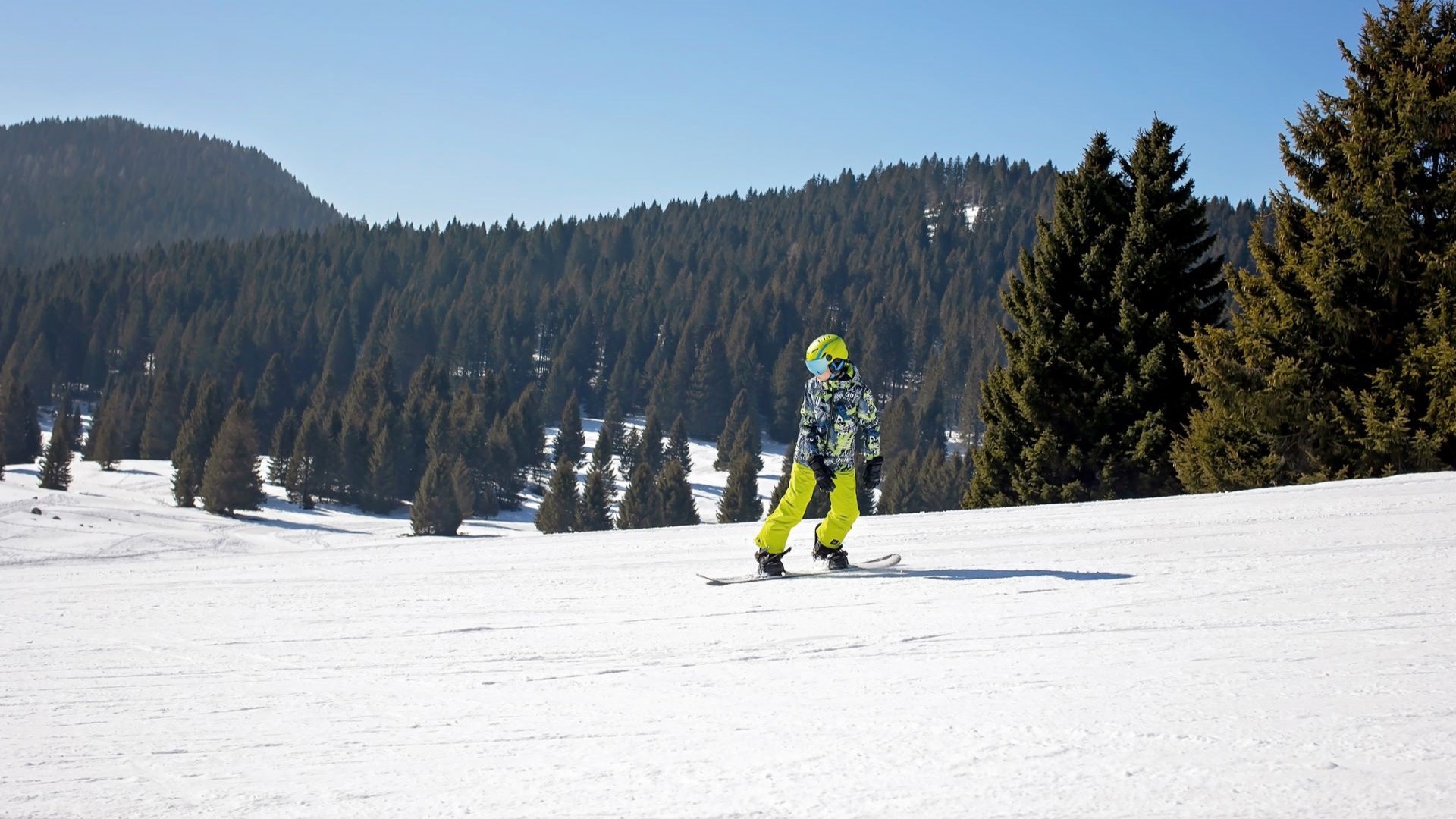Skiing and Snowboarding Safety

Skiing and snowboarding activities at your K-12 school, college, or university pose many risks that novices may not fully appreciate and more experienced skiers and riders may disregard. The following practices can help ensure participants’ safety.
Always Have Designated Trip Leaders
Have all trips include at least two experienced leaders. Events involving minors should also follow standard chaperone ratios. Leaders should know whom at the institution to contact in an emergency. For students needing assistance, station one leader in an accessible location near the slope. Tell leaders to acquaint themselves with resort personnel and emergency procedures.
Include Pre-Activity Orientation
Ensure participants attend pre-activity orientation led by trip leaders that addresses:
- Basic ski and snowboarding safety information. This includes use of lifts, the potential for falls and injuries, and associated risks such as concussions. Advise students to review their insurance coverage relative to skiing or snowboarding.
- An emergency action plan. Ensure your plan covers general information about your institution’s emergency procedures, as well as specific details about this trip and the slopes you will traverse.
- The buddy system. Require students to choose a buddy at a similar skill level. Instruct buddies to stay together on the slope and alert a trip leader about a lost partner or injury.
- Proper snow apparel and protective equipment. Gloves, hats, goggles, and helmets must be properly sized for the individual. Require skiers and snowboarders to use helmets. Advise participants to wear identifiable clothing or markers.
- Emergency information cards for participants to carry. Cards should contain the trip leaders’ and institution’s emergency contact information. Leave space for students to fill in personal details such as relevant medical information.
- Trip logistics. Provide all information about transportation and meals, including departure and return times, so that no students are left behind. Brief students on weather contingency plans, if any.
- School rules. Remind students that all school rules remain in effect during the trip. In addition, prohibit the use of alcohol, marijuana, and illegal drugs during the trip.
Determine Riders’ Skills and Supervision Needs
Require participants to disclose their skill level. To ensure the accuracy of disclosures, have trip leaders or instructors observe participants.
Provide instruction and supervision to beginners. Give all skiers and snowboarders the opportunity to attend a preliminary lesson offered by a qualified instructor.
Require Signatures on a Form
If your institution sponsors trips, it also should use an assumption of risk form drafted or approved by legal counsel and require that all participants — and a parent or guardian if the participant is a minor — sign it. The form should acknowledge that skiing is inherently dangerous and require the participant to abide by all safety rules.
If you allow participants to use their own ski or snowboard equipment, the form should include a clause releasing your institution from equipment-related liability. Finally, the sponsoring organization should maintain a list of completed forms to ensure all are accounted for prior to the activity.
See our Checklist: Drafting Effective Releases for recommendations on drafting an assumption of risk form.
Additional Resources
About the Author
-

Christine McHugh, Esq., ARM
Associate Vice President of Risk Management
Christine is responsible for providing day-to-day management of the Risk Management department’s functional operations and works cross-functionally to advance the department’s ability to meet UE goals, objectives, and provide sound thought leadership to the educational community. Before being promoted to the role in June 2024, Christine was a Senior Risk Management Counsel. Her areas of expertise were employment law, sexual assault prevention, protection of minors, traumatic brain injury, and diversity, equity, and inclusion. Prior to joining the Risk Research team, she handled UE liability claims for several years. She previously practiced employment and higher education law.